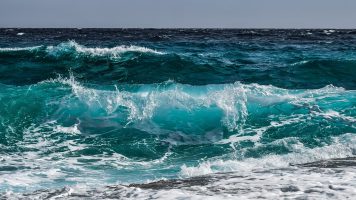

This month around thirty large global companies announced the launch of “The Alliance to End Plastic Waste.”
These multinationals come from diverse fields including petrochemicals, recycling, and fast-moving consumer goods (FMCG) industries. They all produce or use plastic in their products or packaging, or process plastic or recycle plastic waste. Some of the companies involved in this alliance are BASF, Total, ExxonMobil, Dow, Mitsui Chemicals, LyondellBasell, Procter&Gamble, Suez, and Veolia.
The alliance has committed to an initial investment of $US 1 billion to help reduce plastic waste in the environment, particularly in the oceans, with the goal of raising $US 1.5 billion over the next five years.
Infrastructure: collecting and managing waste and increasing rates of recycling, especially in developing countries.
Innovation: advancing and scaling new technologies that minimize waste, making recycling and recovering plastics easier, and creating value from all post-use plastics.
Education and Engagement: mobilizing action in government, businesses, and communities.
Clean up: removing the plastic waste from concentrated areas already in the environment, particularly the major conduits such as rivers that carry land-based plastic waste to the sea.
Facts about plastic pollution:
Sources:
Photo credit: